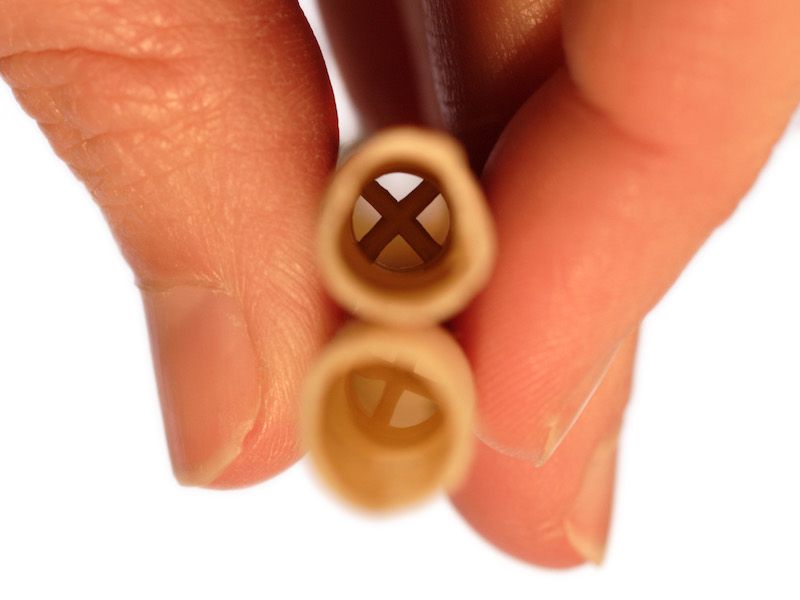
There’s a lingering idea in some groups that a practice called “ear candling” is an effective way to decrease your earwax. What is ear candling, and is it effective?
Earwax Candles, is it Effective?
Spoiler alert: No. They absolutely don’t work.
Why then do normally rational people routinely accept in this pseudo-science. That’s a hard question to answer. But even though the sensible decision is quite clear, understanding more about the risks of earwax candling will help us make an informed choice.
What is Earwax Candling?
So here’s the basic setup: Maybe you aren’t sure how to remove all your built up earwax. You know you aren’t supposed to use cotton swabs (which is good, cotton swabs are not a great way to clean out your ears, in most cases). So you begin searching for an alternate and discover this technique called earwax candling.
Here’s how earwax candling allegedly works: You generate a pressure differential by cramming the candle into your ear, wick side out. The wax inside of your ear, then, is pulled outward, towards the freedom of the open world. Any wax that may be clogged up in your ear can, theoretically, be pulled out by this amount of pressure. But this hazardous practice is not a smart means of cleaning your ears.
The Reason Why Ear Candling Doesn’t Work
This practice has several problems, including the fact that the physics simply don’t work. There’s just no way for a candle to generate that type of pressure differential (and in order to move earwax around, that pressure difference would have to be quite substantial indeed). Second, generating that kind of pressure differential would call for some sort of seal, which doesn’t happen during candling.
Now, the candles that they use in these “treatments” are supposed to be special. When you’re finished with your fifteen minutes of ear candling, you can break up the candle and, in the hollow, see all bacteria, debris, and wax that had previously been in your ear. The only problem is that the same debris shows up in both used and unused candles. So the entire process amounts to fraud.
Earwax candling has never been proven by science to have any benefit whatsoever.
So we Know Ear Candling Doesn’t Work But Dangerous is it?
What’s the danger in giving it a shot, right? Well, you’re asking for trouble anytime you get a hot candle near your ears. You might be fine if you decide to try earwax candling. People do it regularly. But that doesn’t imply there aren’t hazards involved, and it definitely doesn’t mean that ear candling is safe.
Here are some negative effects of ear candling:
- Your ear can be seriously burned. When melted candle wax gets inside your ear, it can result in severe hearing problems and burns. In the most severe cases, this could permanently compromise your hearing.
- Candle wax can also clog your ear canal after it cools down. This can cause you to temporarily lose your hearing or, in the most severe cases, call for surgery.
- You might cause severe injury when you play around with an open flame and possibly even put your life in danger. Seriously, you could burn your house down. It’s not worth the risk to attempt this useless technique of wax removal.
You Can Keep Your Ears Clean Without Needing a Candle
The majority of people will never truly have to worry about cleaning earwax out of their ears. That’s because the human ear is essentially a self cleaning system. Nevertheless, there are some people who will have abnormally heavy earwax production or accumulation to deal with.
If you do need to clean out your ears because of excessive wax, there are scientifically-proven (and effective) means to do that properly. You could try a fluid wash, for example. Another option would be to consult a hearing care specialist for an earwax cleaning.
You should continue to avoid cotton swabs. And open flames are not good either. Earwax candling is a technique that has no advantage and will put your ears, and your entire person, at significant risk of injury and damage. Try burning candles for their sent or for enjoyment but not as a method to clean your ears.
